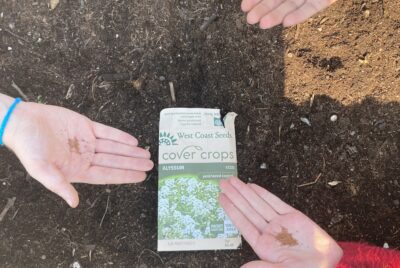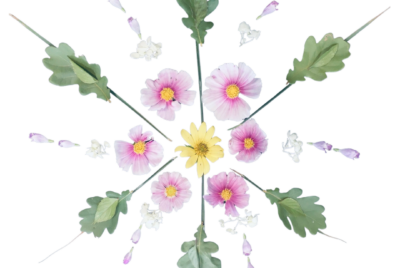RESEARCH
Harvesting Health Effects of Three Types of Horticultural Therapy Activities for Persons with Dementia
Summary
This study investigated the effects of horticultural therapy (HT) activities on persons with dementia in an adult day service program. The researchers examined participants’ responses to three types of HT activities (planting, cooking, and crafts) compared to traditional activities.
The study found several key findings regarding horticultural therapy (HT) activities for persons with dementia in an adult day service program. Participants spent significantly less time non-engaged during HT activities compared to traditional activities. Affect was more positive during HT activities than during traditional activities. There were no significant differences in engagement or affect among the three types of HT activities (planting, cooking, and crafts). Importantly, cognitive ability (measured by MMSE scores) was not significantly related to engagement or affect levels during HT activities, indicating that persons with a wide range of cognitive abilities could successfully participate. The study also found that the frequency of attendance at HT sessions was not significantly related to outcomes, suggesting that even occasional participation can be beneficial.







